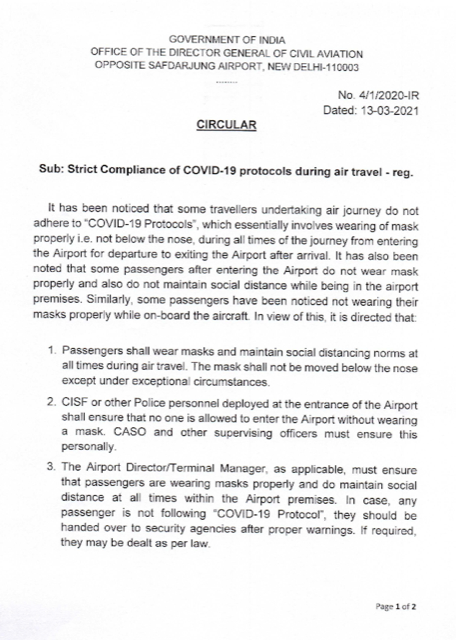NEW DELHI: The government would lay down principles for usage of data for the development of any industry, where such norms do not already exist, and put in place adequate safeguards to prevent misuse and access of data by unauthorized persons, according to a draft national e-commerce policy.
The government is in the process of developing regulations for personal and non-personal data, the policy, which is under discussion, said.
The draft has stated that sharing of data for industrial development would be encouraged and regulations for data will be provided for the sharing mechanism.
“The government shall lay down principles for usage of data for the purpose of development of any industry, e-commerce, consumer protection, national security, economic security and law enforcement including taxation where such principles do not already exist and put in place adequate safeguards to prevent misuse and access of data by unauthorized persons,” it said.
According to the draft, the government acknowledges the importance of data as an asset and needs to use data emanating from India for “Indian entities first”.
An inter-ministerial meeting, under the chairmanship of a top official of the department for promotion of industry and internal trade (DPIIT), was held on Saturday to deliberate upon this draft.
For free and informed choice, it said that e-commerce operators would have to ensure that algorithms used by them, are not biased and that no discrimination due to digitally induced biases is prevalent.
“Consumers have a right to be made aware of all relevant details about the goods and services offered for sale including country of origin, value addition in India, and any other such information which may be necessary for making an informed decision at the pre-purchase stage,” it said.
To promote fair competition, the draft said that e-commerce operators must ensure equal treatment of all sellers/vendors registered on their platforms and not adopt algorithms which result in prioritizing select vendors/sellers.
It said the operators have to bring out clear and transparent policies on discounts, including the basis of discount rates funded by platforms for different products/suppliers and implications of participation/ non-participation in discount schemes, so as to ensure fair and equal treatment.
“In the interest of the Indian consumer, and the local startup ecosystem, the government will aim to ensure that there are more service providers available, and that network effects do not lead to creation of digital monopolies misusing their dominant market position,” it added.
Further, to eliminate counterfeit products from online platforms, it said the companies would create adequate safeguards to ensure that products offered are genuine and the liability for counterfeit products would be “jointly and severally” of the online firm and the seller.
In order to ensure that e-commerce is not used to defraud customers, registration with an authority identified by the government would be made mandatory, it added.
“In order to keep up with the technological and economic transformations in the e-commerce sector, measurement of e-commerce activities, including but not limited to details of sale, import and customs duties, grievance redressal, compliance to existing or new regulations/rules, rogue sellers, counterfeit items etc will be undertaken by concerned agencies in a periodic manner,” it added.
It also said that given the interdisciplinary nature of e-commerce, a Standing Group of Secretaries on e-commerce would give recommendations to address policy challenges.
Regarding anti-piracy measures, the draft said that a body of industry stakeholders and identified trusted parties will be created that would identify “rogue e-commerce entities”, meaning those firms that host predominantly pirated content.
“After verification, these rogue e-commerce entities shall be included in the ‘Infringing e-Commerce Entities’ (IEE). Internet service providers shall remove or disable access to the websites identified in the IEE within the set time-lines,” it said.
Further, it said the policy would be a kind of a consolidated document for providing a level-playing field to all stakeholders, including individual consumers, MSMEs, traders, artisans, start-ups, while pursuing a development agenda which addresses growth and reduces prevalent market distortions.
The policy would cover all modes of e-commerce – inventory, marketplace and hybrid model and it would be equally applicable to entities, natural and /or legal with foreign and domestic investments, the 9-page draft of the DPIIT said.
Depending on parameters such as turnover, market size, active users, registered sellers, sale of merchandise value of an e-commerce operator, distinction would be made separately for e-commerce operators of significance who may be required to have additional compliance requirements.
To promote exports through e-commerce, it said India Post will develop a specialized, low cost, and trackable solution targeted at e-commerce exporters for small products, with committed timelines for express delivery.
Besides Foreign Post Offices will be strengthened and their numbers will be increased, so that they may act as delivery hubs, across regions.
The draft also said that the policy would bring e-commerce exports on par with non-e-commerce exports by enabling online grant of drawbacks, advance authorization, EPCG (export promotion capital goods) and GST (Goods and Services Tax) refund.



